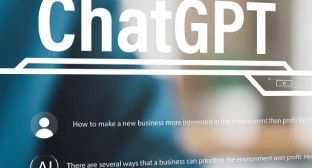17 January 2025
Potential major role for language models in the information landscape
The spread of unreliable information through generative AI can have serious consequences. However, language models, if properly trained and evaluated, offer solutions for complex questions, according to research by linguist Chantal van Son.
Van Son highlights a possible application: “Imagine you’re wondering whether to vaccinate your child. Language models could be used in applications that summarize claims about vaccine safety and effectiveness. They could reveal which sources advocate for vaccination, which oppose it, and what the underlying arguments are.”
Limitations of existing datasets
An analysis of existing datasets showed they often fall short. Many are based on artificial text and fail to account for the multiple perspectives often present in texts, such as news articles or social media posts.
New techniques: PANLI dataset
Van Son developed the PANLI (Perspective-Aware Natural Language Inference) dataset. Based on texts about vaccinations, it links sentences based on meaning. The dataset uniquely evaluates relationships between sentences from both the author’s perspective and cited sources. This approach opens new possibilities for understanding and leveraging subjectivity in language models.
Van Son believes the PANLI dataset represents a significant advancement for practical applications of language models, such as in medical decision-making or media tools.
Vergelijkbaar >
Similar news items

23 March 2025
Why GPT Can’t Think Like Us
read more >

20 March 2025
Call for Participants: Help Test a New AI Powered Recommendation System for NEMO Kennislink!
read more >

March 18
Lemni secures €3.3M pre-seed funding for AI-driven customer interactions
read more >